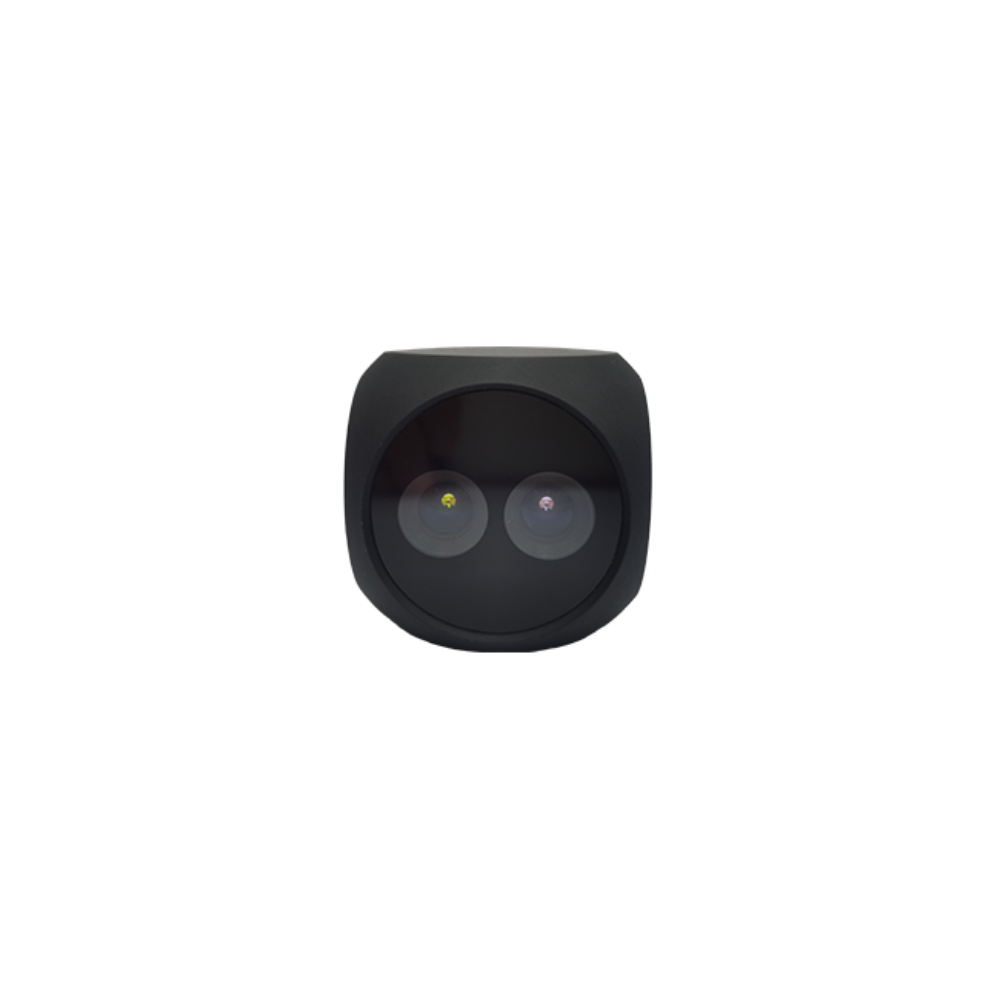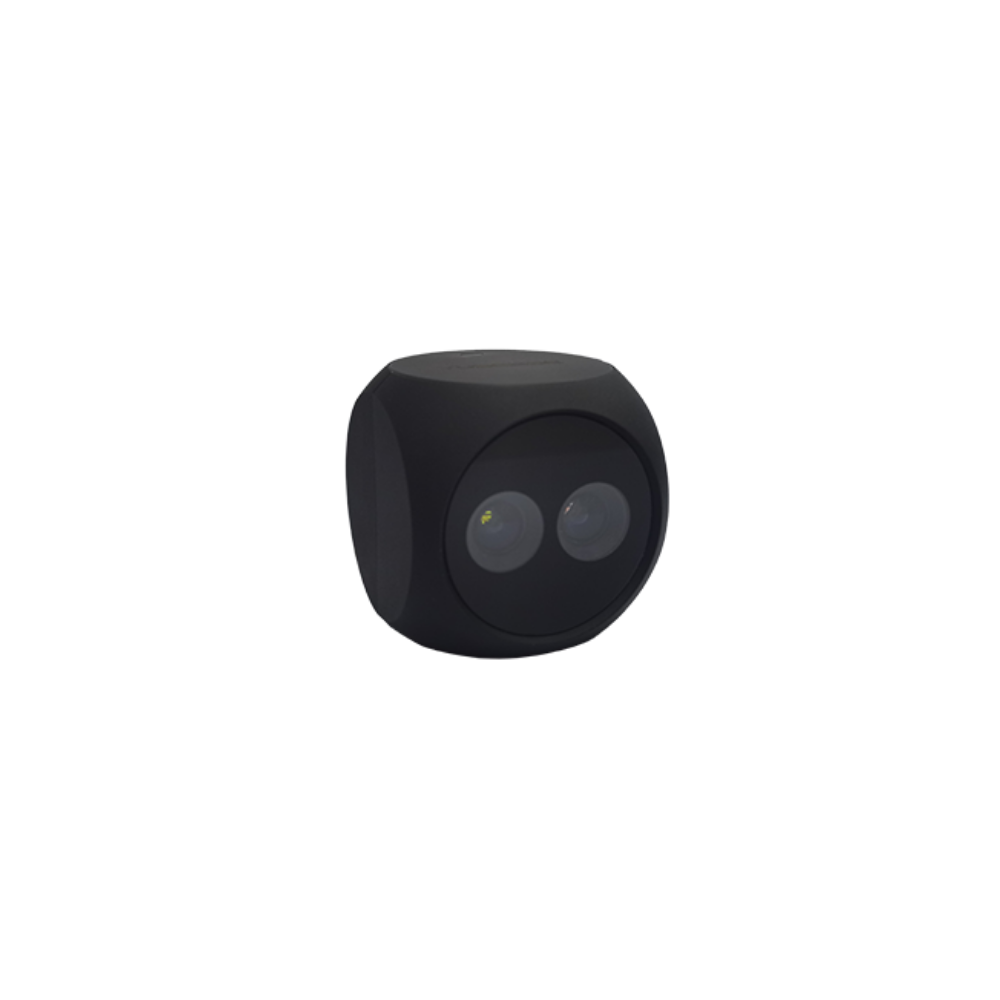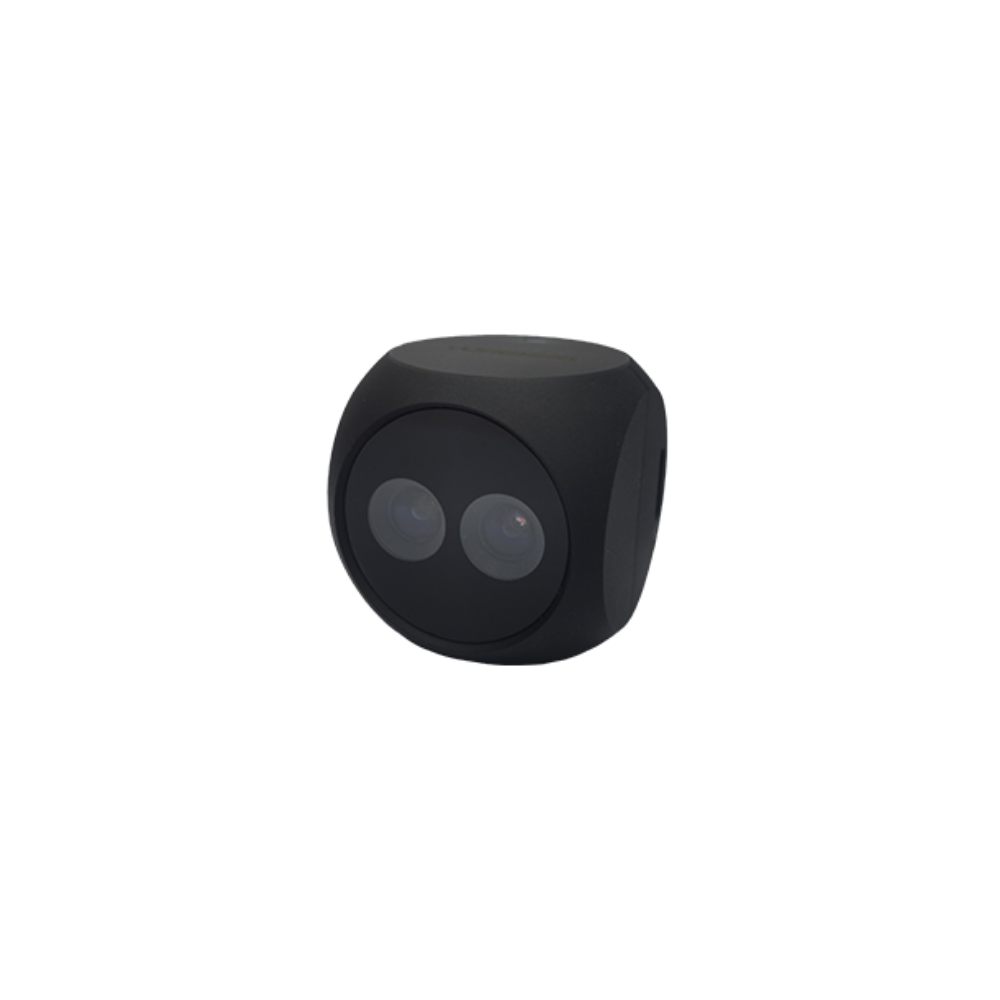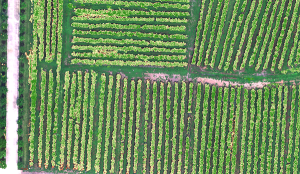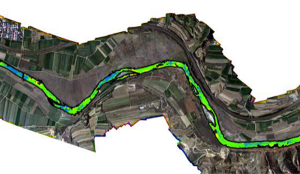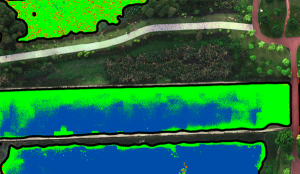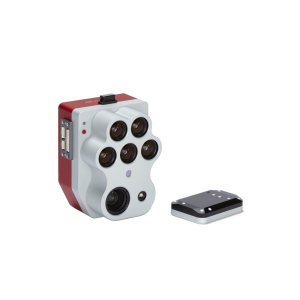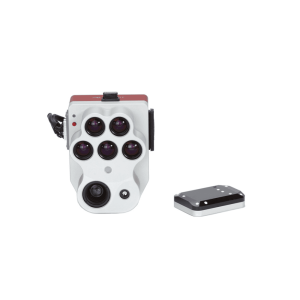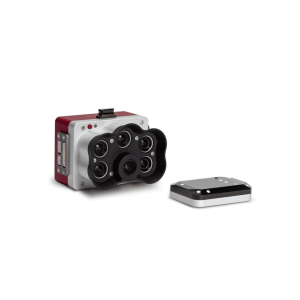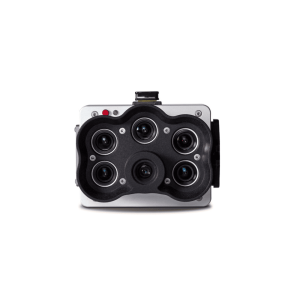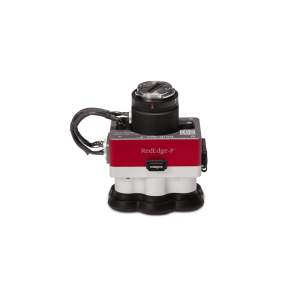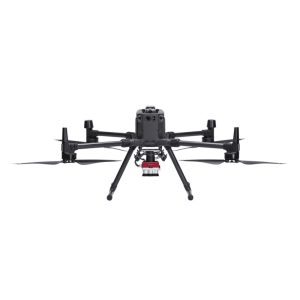No products in the cart.
Back

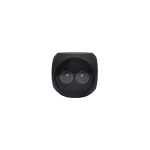
Yusense 5-BAND LIGHT AND COMPACT MULTISPECTRAL MS200 (Low cost, 5 bands, small and light)
Out of stock
Yusense 5-BAND LIGHT AND COMPACT MULTISPECTRAL MS200 (Low cost, 5 bands, small and light)
Product features
- 5 multispectral
- 1.3 million pixels
- 12bit global shutter
- Type-c physical interface, built-in WiFi antenna
- Thousand-yuan spectral remote sensing equipment
- Remote sensing camera & video detection dual mode
- 9~28V@3W | PSDK power supply
- Lightweight design, the whole machine weighs 125g
- Convenient setting of WEB interface parameters under WIFI connection
- Compatible with M30/M30T and other third-party light and small drones
Contact us for more information
- Description
Five 1.3M pixel multi-spectral channels, innovative dual-lens multi-spectral band design, large aperture, low distortion, broadband transmission, all-glass lens, aluminum alloy body, lightweight design, with remote sensing and video dual detection modes, to meet precision agriculture , ecological environmental protection, urban greening and other fields of scientific research and industry application needs.
PlatformMS200: Light and Small UAVMS200 Pro: M30/M30T
Technical Parameters
Indicator name | MS200 | MS200 Pro Specifications |
| Configuration method | 5 multispectral channels |
| Target size | 1/4″ |
| Effective Pixels | 1.3Mpx |
| shutter type | global |
| quantization bits | 12bit |
| field of view | 36.7°×31.3° |
| ground resolution | 6.23cm@h120m |
| coverage width | 80m×67m@h120m |
| Spectrum channel[1] | 450nm@30nm, 555nm@27nm, 660nm@22nm, 720nm@10nm, 840nm@30nm |
| optical window | Optical Grade Glass Windows |
| Host size | ≤55mmx55mmx55mm |
| Host weight | ≤100g |
| installation interface | 4xM2 | M30 special bracket and PSDK cable |
| powered by | 12V | M30 PSDK |
| power consumption | 3W/5W |
| Image Format | 16bit process TIFF (including GPS, ambient light information) |
| video format | MP4 |
| storage medium | Standard configuration and maximum support 64G capacity (transmission speed U3 and above rating) micro SD card |
| processing software | Yusense Map, Yusense Map Plus |
| parameter settings | WIFI (WEB interface access) | Yusense Fly or DJI Pilot 2 |
| shooting trigger | Timing trigger, overlap rate trigger |
| shooting frequency | Photo mode: 2Hz (related to the actual read and write speed of the storage medium); Video mode: 20Hz |
| Working temperature | -10°C~+50°C (relative wind speed ≥1m/s) |
| storage ambient temperature | -30℃~+70℃ |
| environment humidity | RH(%)≤85%(non-condensing) |
| certified product | CE, FCC, RoHS |
Remarks: [1] The wavelength is standard, and the following 18 wavelengths are allowed to be customized (please consult Yuchen marketing personnel for details on the combination method and cost): 410nm@35nm, 450nm@30nm, 490nm@25nm, 530nm@27nm, 555nm@27nm , 570nm@32nm, 610nm@30nm, 650nm@27nm, 660nm@22nm, 680nm@25nm, 720nm@10nm, 720nm@15nm (Qualcomm), 750nm@10nm, 780nm@13nm, 800nm@35nm, 840nm@30nm, 900nm@ 35nm, 940nm@35nm (tolerance ±5nm). Shooting frequency: test results using storage media with a new transmission speed of U3 and above (sketch speed ≥ 60MB/s).
typical application
Growth assessment
Use vegetation factors such as NDVI and LAI to quantitatively describe the consistency of vegetation canopy states at different spatial scales, assist the characteristic spectra of vegetation in different health states, quantitatively evaluate the growth of vegetation, and provide data for irrigation, fertilization, plant protection, and yield assessment. support.
Coverage Evaluation
Construct the vegetation index based on the fingerprint of the vegetation, complete the spatial distribution and area statistics of the target vegetation in the designated area, and provide quantitative vegetation canopy density data for scientific research and production in the fields of agriculture, forestry and grassland, and ecology.
Black and odorous water body monitoring
With reference to the evaluation standards for surface black and odorous water bodies, the characteristic spectrum is used to construct a classification index to realize the graded inversion of black and odorous water bodies and spatial information statistics, to assist in the analysis of the impact of domestic sewage and industrial wastewater on surrounding water bodies, and to assist in the investigation of pollution sources and water environment assessment.
Water Eutrophication Monitoring
Refer to the eutrophication status evaluation standard, use the characteristic spectrum to construct the classification index, realize the hierarchical inversion of water body eutrophication and spatial information statistics, assist in the analysis of the impact of farmland wastewater and fish farming on surrounding water bodies, and assist in the investigation of pollution


